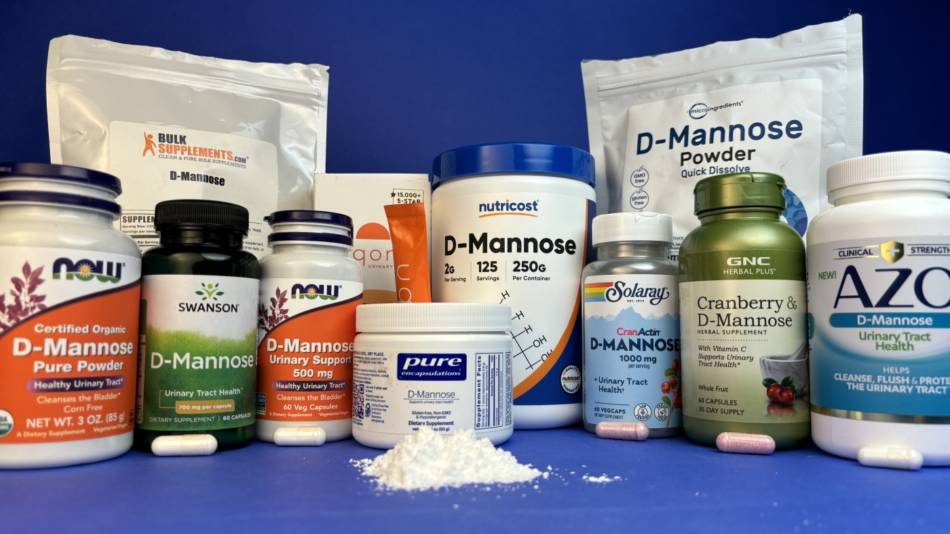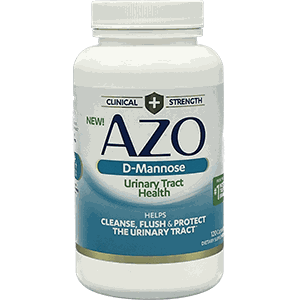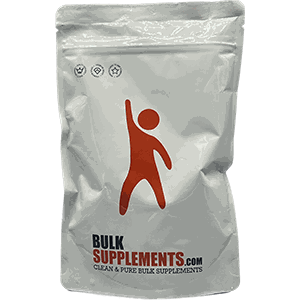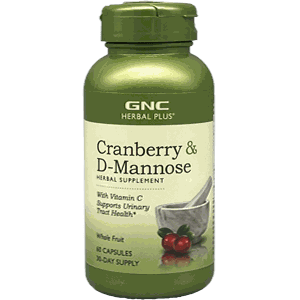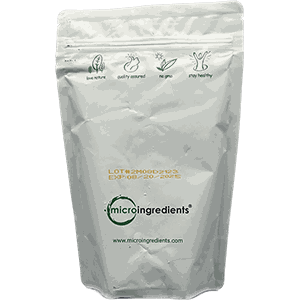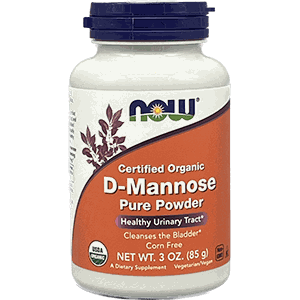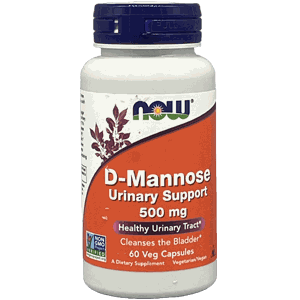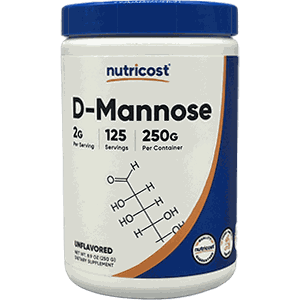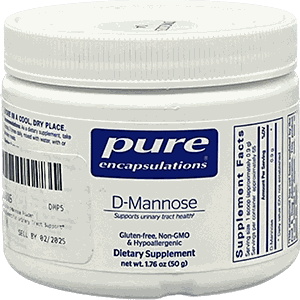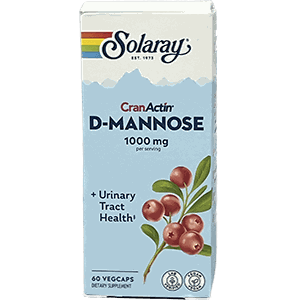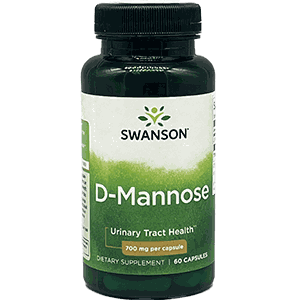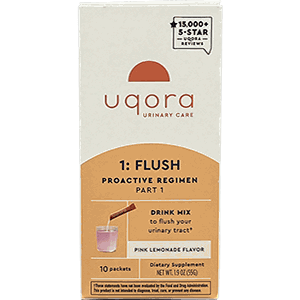Summary
-
Does D-mannose help prevent urinary tract infections (UTIs)?
D-mannose, a naturally occurring sugar, is taken as a supplement in the hopes that it will prevent or treat UTIs. To-date, this benefit has only been suggested by results of preliminary studies but not in placebo-controlled clinical trials with only D-mannose, as needed to prove efficacy. A typical dose is 1 gram taken twice daily, but a 1.5-gram daily dose has also been used, as has a starting dose of 1 gram three times daily. (See What It Does. Also see our separate Cranberry Juices and Supplements Review) -
What did ConsumerLab find testing the quality of D-mannose supplements?
Testing of popular D-mannose supplements by ConsumerLab.com found none to be mislabeled with regard to the amount of D-mannose or contaminated with significant amounts of heavy metals. However, the suggested dosage on labels was, in most cases, inconsistent with clinical trials. In addition, although the D-mannose in products was essentially the same, the cost to obtain it ranged 1200%, indicating that D-mannose can be purchased for much lower cost from some products than others. (See What CL Found) -
What is the best D-mannose supplement?
ConsumerLab chose one D-mannose powder as its overall Top Pick among tested D-mannose supplements based on high quality, low cost, and the ability to provide an appropriate dose of D-mannose. For those seeking the convenience of pills, ConsumerLab.com also selected a Top Pick D-mannose capsule. -
Does D-mannose have side effects?
D-mannose at standard dosing has been reported to be safe in trials lasting up to six months. Rarely, gastrointestinal side effects, such as diarrhea, have been reported. (See Concerns and Cautions)

